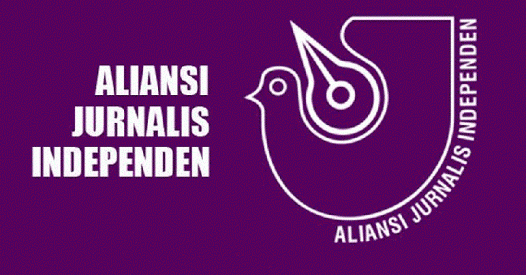The Alliance of Indonesian Journalists (AJI) has reimposed its blacklist of companies with spotty records in human rights and sustainability issues when it comes to partnering with them on initiatives with its members.
The AJI Congress on March 2 elected Sasmito Madrim (VOA) and Ika Ningtyas (East Java contributor to Tempo) as Chairman and Secretary-General of AJI Indonesia for the next three years. It also instructed them to get back to its roots of being an independent organization and terminate all cooperation with companies in controversial industries.
AJI’s Constitution bars it from working together with companies that are involved in corruption; human rights violations, including toward women, children and labor; and unsustainable environmental practices.
AJI is now working on ‘a black list’ of such companies and it would not make public this list. It is unclear what criteria they will be using but Maverick understands that it includes companies involved in mining, agro-forestry, infant formula and even packaged drinking water.
Corporations and brands have frequently sought these types of collaboration, such as holding journalist training classes in topics close to their area of expertise, as it gives them an opportunity to strengthen their street creds and relationships with journalists.
AJI, however, would still work with corporations and brands with clean records in the above areas, said Executive Director, Eva Danayanti, citing its recent collaboration with communications consultancy Maverick to offer a Journalistic Fellowship Program to its members whose incomes and opportunities to work had been affected by the pandemic. The joint AJI-Maverick project raised funds from the sponsorship of corporations.
Corporations, however, who still want to collaborate with AJI can do through involvement in the AJI School of Journalism (SJ AJI) in the future. The school is currently part of AJI and therefore is subject to the same restrictions as AJI itself when dealing with brands and corporations.
AJI, however, will hive off the school as a separate and independent legal entity with its own charter, a professional faculty as part of AJI’s move to improve the standards of the institution.
Although AJI will have a controlling stake in the school and its board members would become the school commissioners, the move is seen by AJI insiders as a way to mitigate the endless debates on which partnerships with brands are permissible and which should be terminated.
AJI is aiming to announce the establishment of the new School of Journalism by next year, once the consultation with its partners and the legal paperwork is completed. (*)
